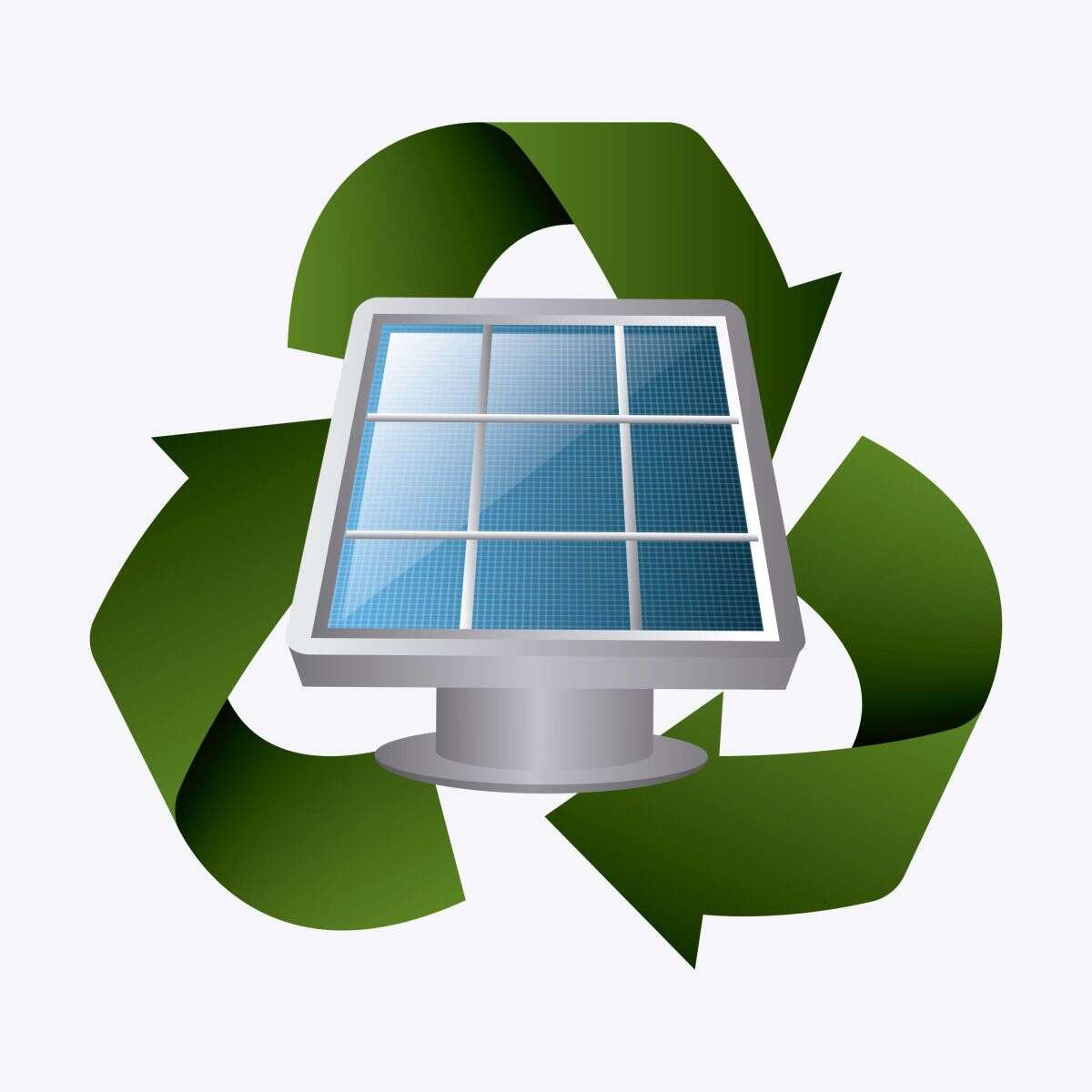One estimate indicates it would take more than 18 billion solar panels to power the world. No matter how the clean energy movement transpires, solar won’t comprise 100% of our energy so the number of solar panels ultimately installed will be less than 18 billion, but it may easily be in the billions.
That begs the question: what happens to all these panels at-end-life?
Hopefully the answer is that they’ll be recycled, and efforts are under way to make that happen. Those efforts got a boost when the EU recently mandated that the cost of recycling and disposal of solar modules that entered the market after August 13, 2012, be borne by the manufacturers.
Member states have 18 months to support the directive with legislation. And the European Council has imbedded a mandatory review of the new directive to occur no later than 2026.
As with many aspects of the clean energy movement, the EU has led the way. The U.S. Department of Energy allocated $25 million to fund solar waste reduction and lifecycle technologies, but that’s a drop in the bucket.
Existing recycling companies are entering the solar recycling fray, and new companies such as SolarCycle are joining them. This is in addition to a number of manufacturers already working to handle end-of-life for their own panels.
SolarCycle claims to be able to recycle 95% of the value from used solar panels. That’s great, but at what cost? The issue has never been – can a solar panel, EV battery, or even a wind turbine blade be recycled? Of course they can. The issue is whether it can be done profitably, or at a minimum, at breakeven.
That remains an unanswered question, which is a concern. The EU’s recent move should accelerate recycling activity and thereby get us to an answer more quickly. One way or the other, solar panels will be recycled. However, if it can’t be done at breakeven or better, expect the cost of disposal to eventually be added to the price.
Some might consider this unfair. Manufacturers of other products aren’t held responsible for the ultimate disposal of their products. True, but vendors in the Cleantech/Greentech space should be treated differently since the sole reason for the industry’s existence is to foster a cleaner environment.
And there is precedent. Many states mandate that makers of car batteries impose a core charge (in the form of a deposit) which is added to the price of the battery. This is done to encourage returning the old battery. And according to Advanced Auto Parts – at 99% – automotive batteries are the most recycled product in the world.
#solarcycle #europeancouncil #europeanunion #solarmodules #solarmodule











